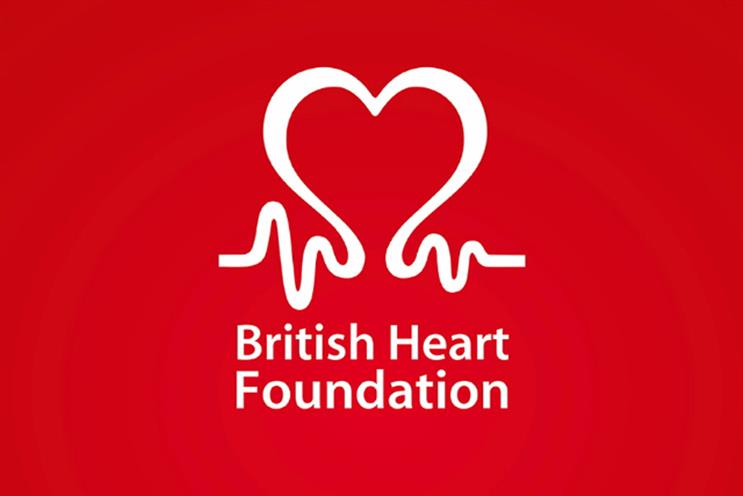
The study, conducted by YouGov, surveyed 2,100 parents in Wales with children aged between four and 16, where the charity claims a third of children are overweight or obese.
According to the research, 70 per cent of parents said their children had "pestered" them for junk food as a result of seeing ads and 43 per cent said this pestering occurred at least once per week.
Almost two fifths (39 per cent) of parents said the awareness of junk food made their children reluctant to eat a healthy diet.
Mike Hobday, director of policy at the British Heart Foundation, said: "Regulations for TV and online advertising in the UK are weak. Loopholes in the system mean that every day millions of children are exposed to sophisticated marketing techniques specifically designed to lure them into unhealthy eating habits.
"We cannot allow companies to continue exploiting holes in the system at the expense of our children’s health. The Government must act now to help give children a stronger chance at fending off future heart disease."
Since 2007 ads for foods high in fat, salt or sugar (HFSS) have been banned during programming for which children up to the age of nine form a certain proportion of the audience. However, health campaigners have objected that this rule means large numbers of children will see ads during "family shows" such as The X Factor.
Last week Labour committed to "better protect" children from HFSS advertising on TV and in non-broadcast media if it gets into power after this year's General Election. It said it would first ask the Advertising Standards Authority and CAP to illustrate how this could be done but reserved the option of applying a watershed.
Ian Twinn, the director of public affairs at ISBA, said the research findings were "an issue of parental responsibility".
He said: "Food is protected in advertising, and what this says is misleading. If children are seeing ads parents do not approve of, then they are seeing them in adult programming. That is an issue of parental responsibility.
"If there is no advertising, then there will be no commercial programming. Without ads there is no Coronation Street. Someone has to pay for this. The BHF has its head in the sand over this."
Ian Barber, the communications director at the Advertising Association, said the positive aspects of advertising had to be made clear.
"While this call wilfully undersells the strict nature of the current rules and ignores the academic evidence, it’s a reminder that the pressure is mounting – and we have to do more to highlight what advertising contributes to society," he said.
Twinn went further: "Let's start with the premise that there is such a thing as junk food – what is it? Look at McDonald’s – it is one of the biggest retailers of fresh prepared food. Somebody is eating this. If people eat unhealthy things three meals per day, then nobody is suggesting this is sensible."
He claimed that the British Heart Foundation's approach was to stop choice, rather than to promote healthier lifestyles. "Despite their notion of junk food, I wish they promoted a better diet, but instead they are obsessed with fundraising – they don’t want to do it. They don’t want to tackle obesity."
He also slammed the British Heart Foundation's report as "mind-boggling nonsense" and said he wanted to see more detail on the survey.
He said: "There is no detail on the survey. 2,000 is a respectable survey size, but I don’t know the sample and how the questions were asked.
"How did they find them? Was the word ‘pester’ used in the question, or was this interpreted? I won’t accept the survey results without seeing the methodology."



.jpg)
.jpeg)
